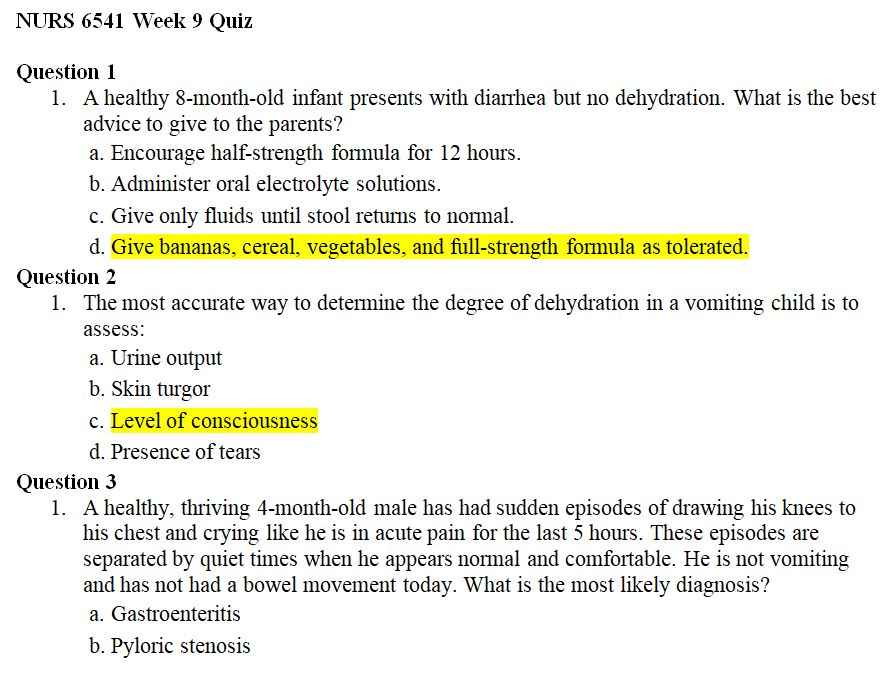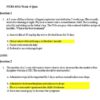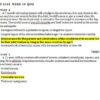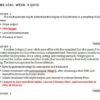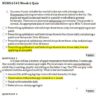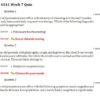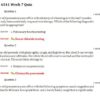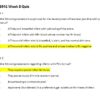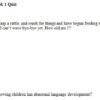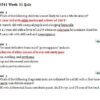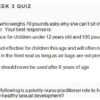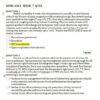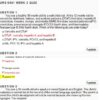Description
NURS 6541 Week 9 Quiz 1 – Question and Answers
- A healthy 8-month-old infant presents with diarrhea but no dehydration. What is the best advice to give to the parents?
- The most accurate way to determine the degree of dehydration in a vomiting child is to assess:
- A healthy, thriving 4-month-old male has had sudden episodes of drawing his knees to his chest and crying like he is in acute pain for the last 5 hours. These episodes are separated by quiet times when he appears normal and comfortable. He is not vomiting and has not had a bowel movement today. What is the most likely diagnosis?
- A 14-year-old has a 3-week history of fever, anorexia, and abdominal pain. What additional symptom would cause the NP to suspect Crohn’s disease?
- A 9-year-old is diagnosed with dyspepsia without hematemesis, melena, or occult blood. The most appropriate next step is:
- Which of the following is important to determine in the recent history of a child with suspected Clostridium difficile infection?
- The most common presentation of Hirschprung disease is which of the following?
- An adolescent female presents with a 2-day history of increasing lower abdominal pain. She has mild vomiting and anorexia and fevers to 101°F. She is unable to defecate but has an urge to do so. CBC reveals a slightly elevated WBC of 14,000 but is otherwise normal. Serum electrolytes are normal. The next step is: nurs 6541 week 9 quiz
- A mother brings a 2-year-old to your office with the complaint that she passes 5 to 10 watery stools per day that often contain undigested food. The child appears healthy and has no other GI symptoms. She is acting, eating, and voiding normally. Weight gain is normal and the mother states she often drinks (her favorite drink is Kool-Aid) instead of eating. The best management for this condition is:
- A common presenting symptom of inflammatory bowel disease is:
